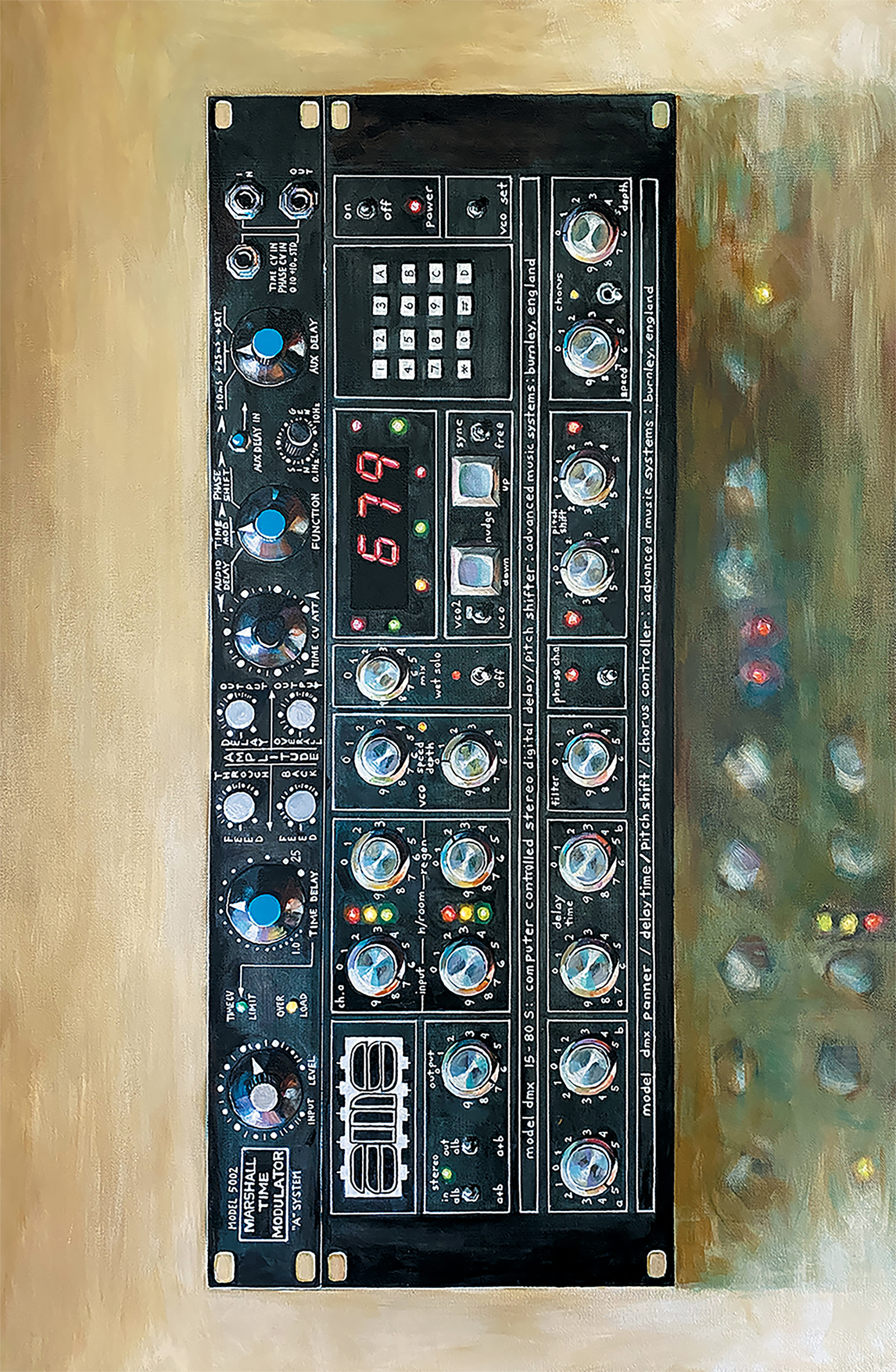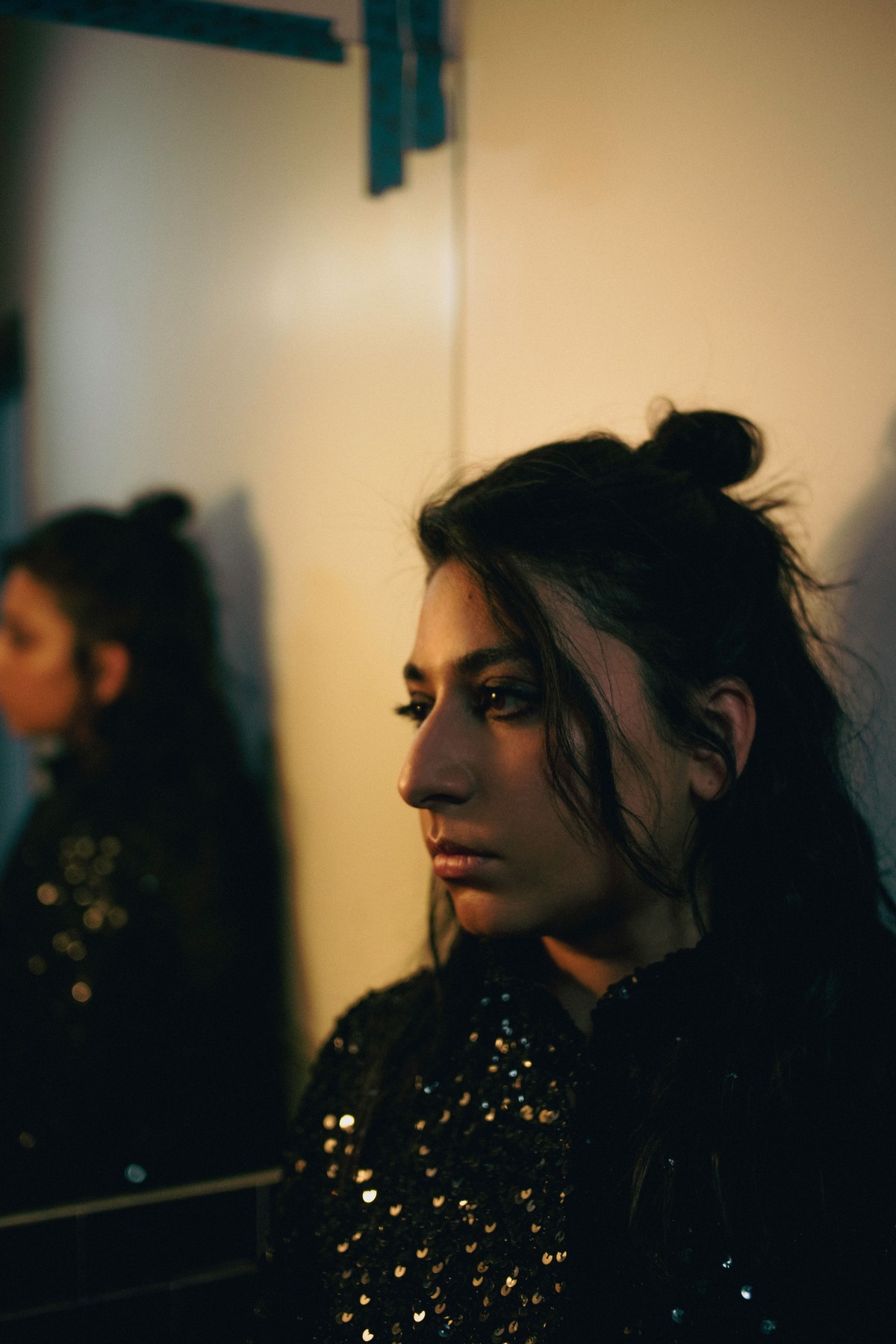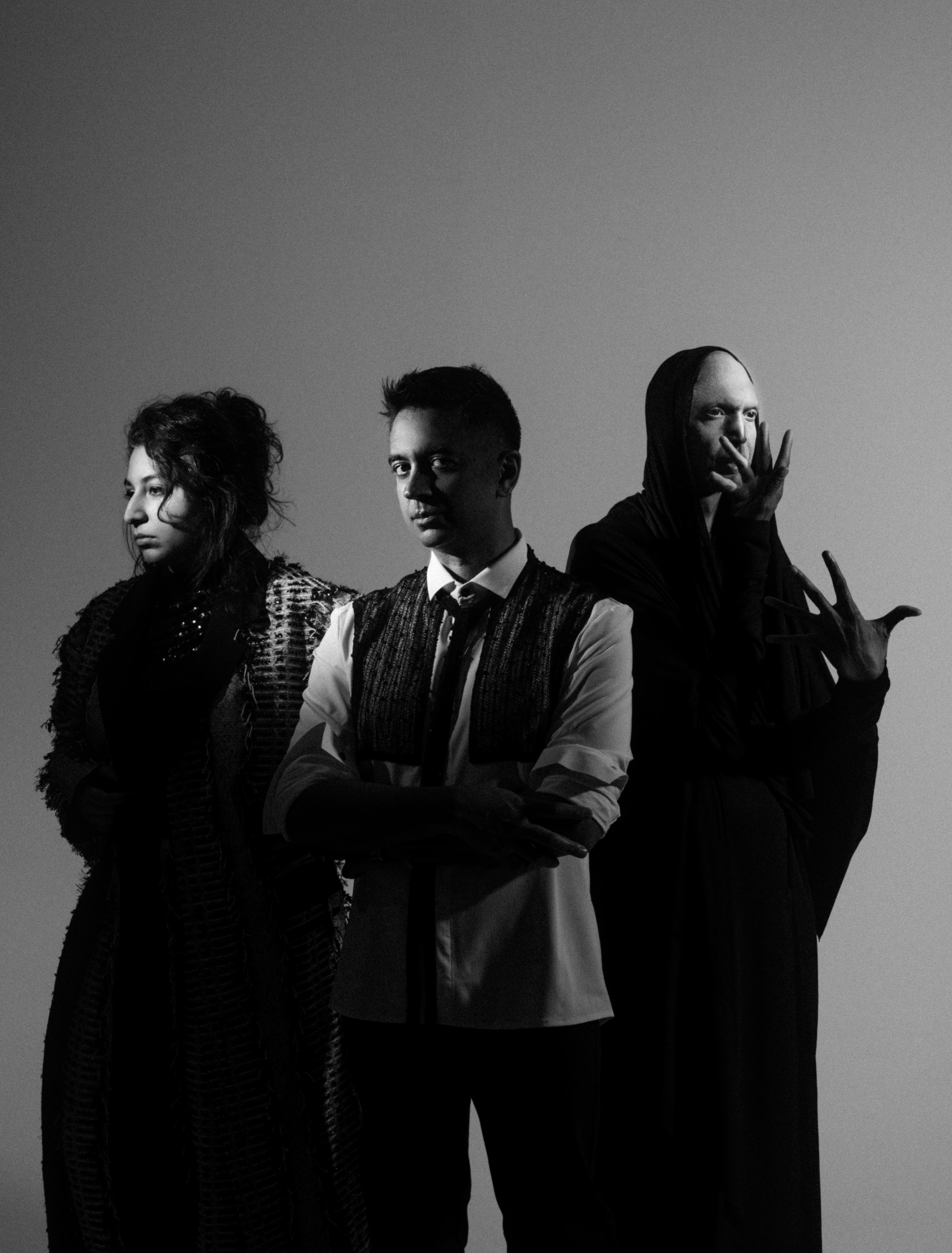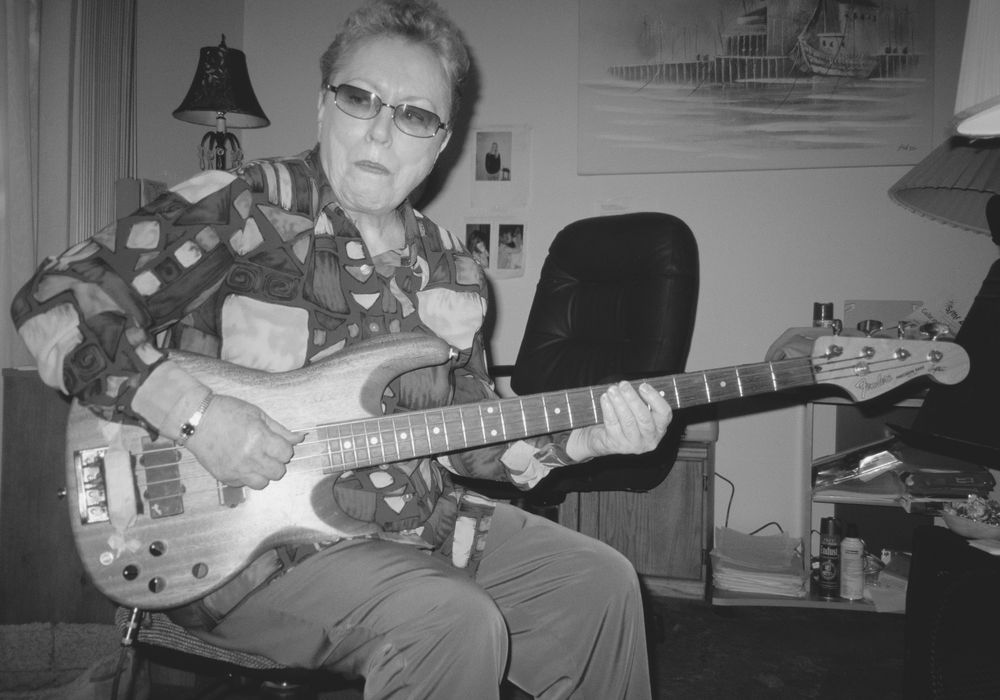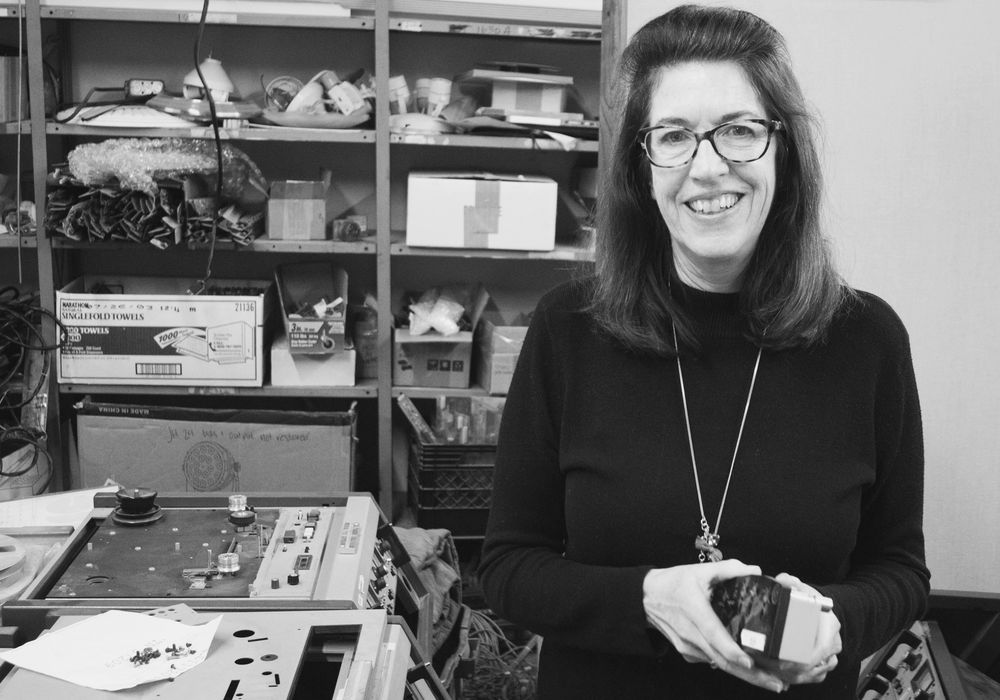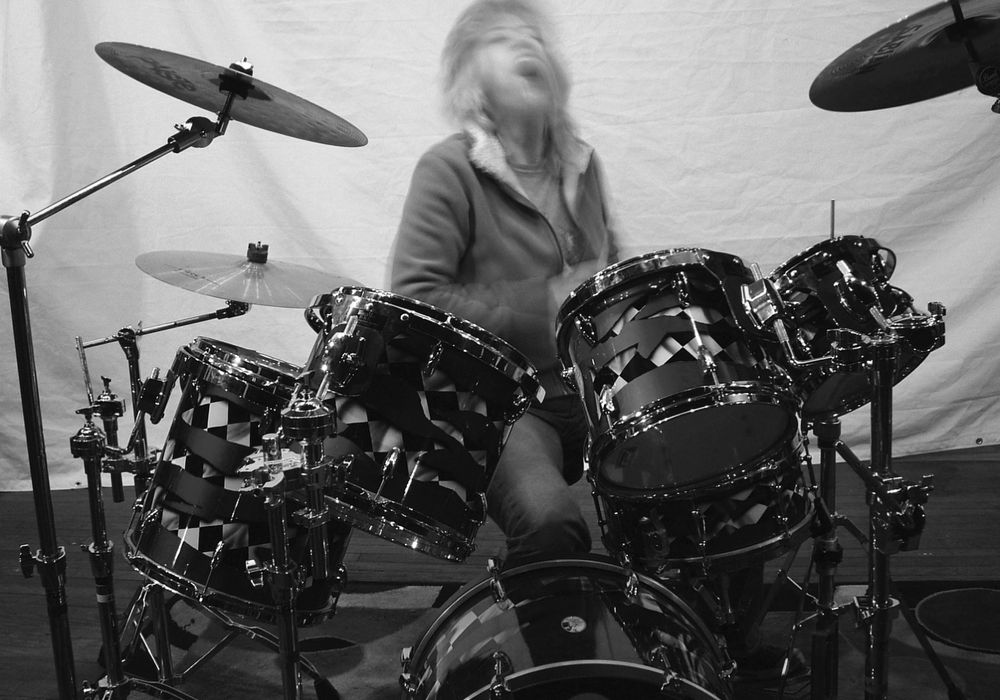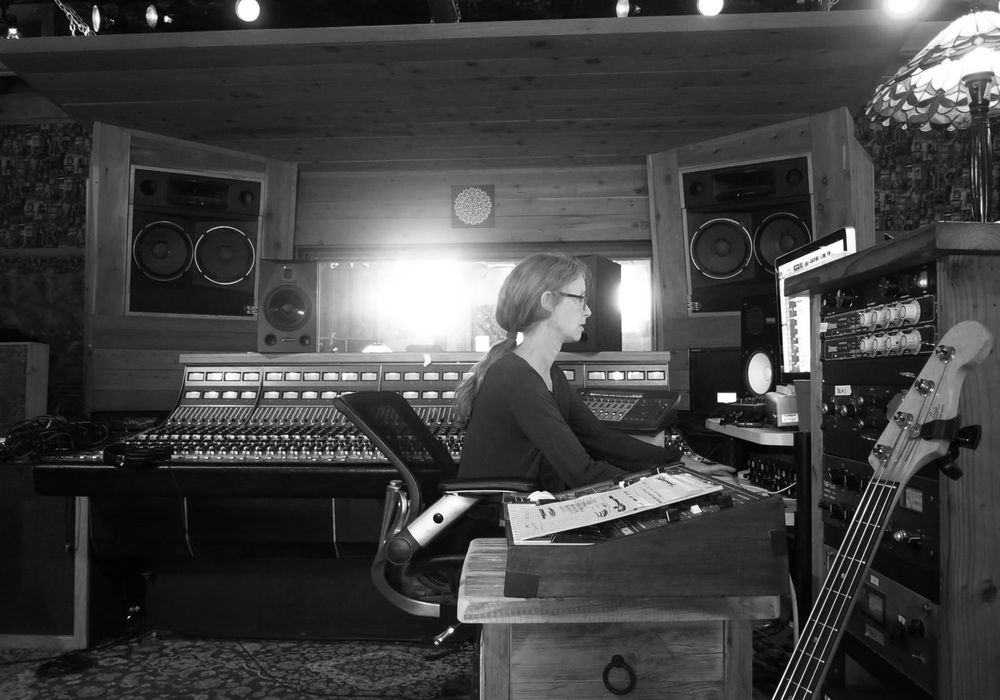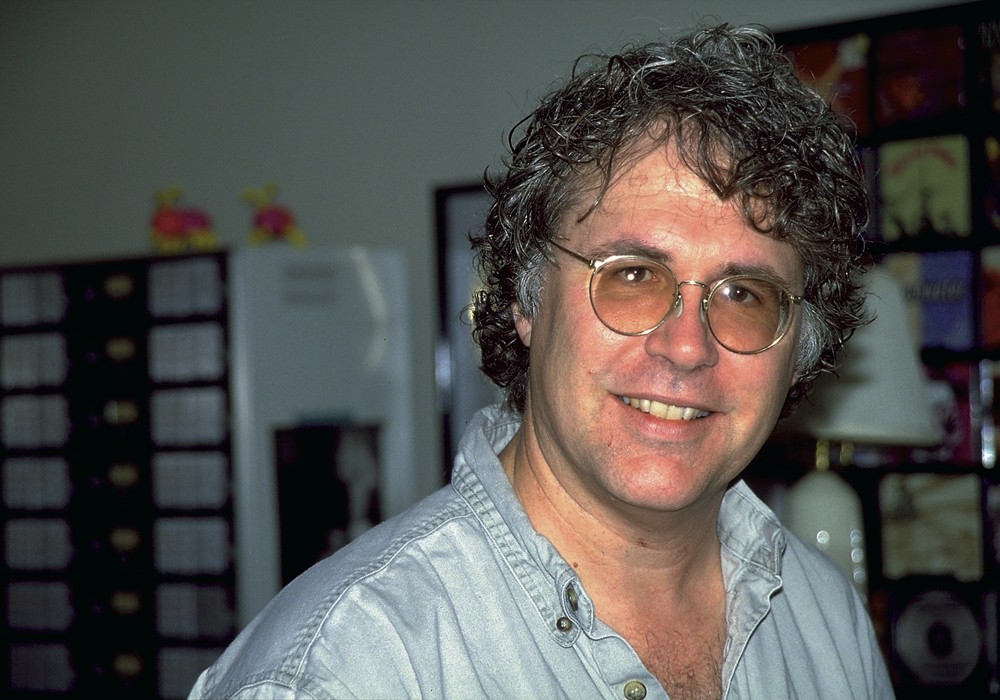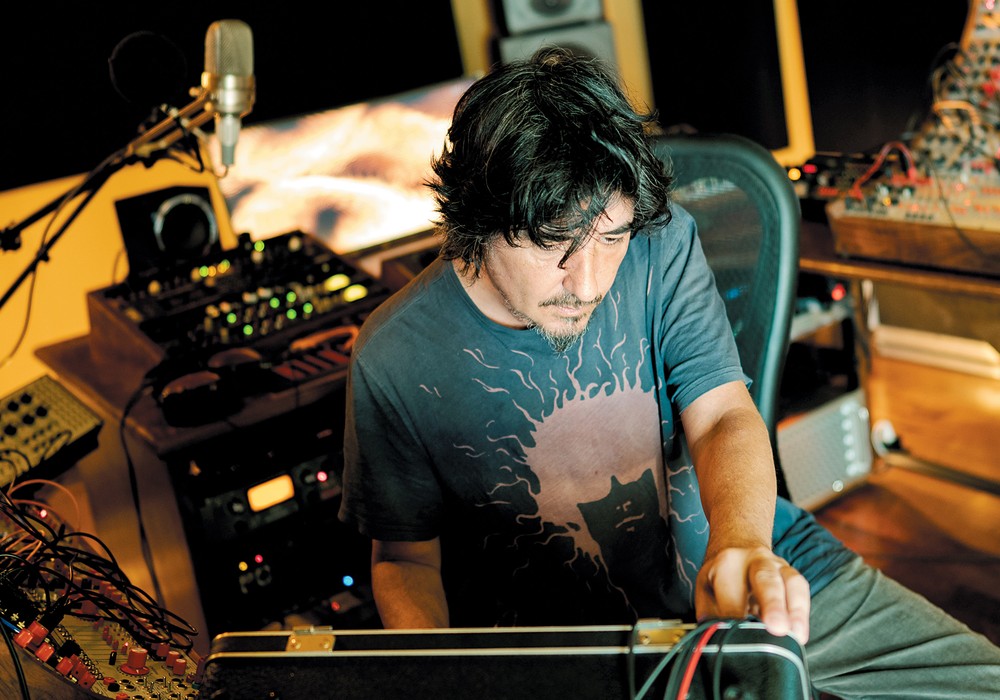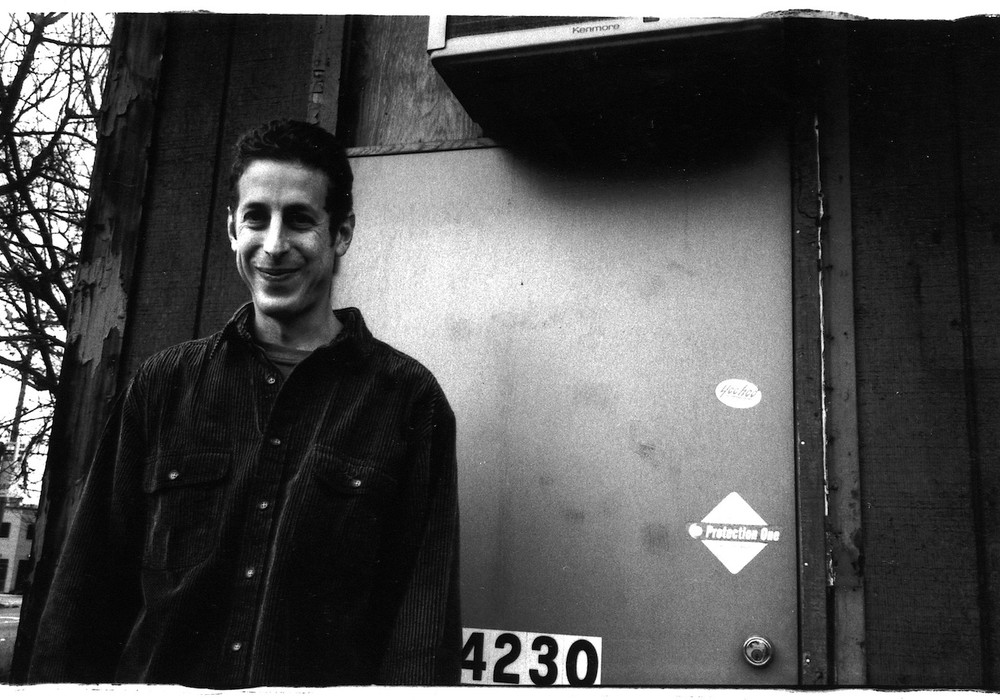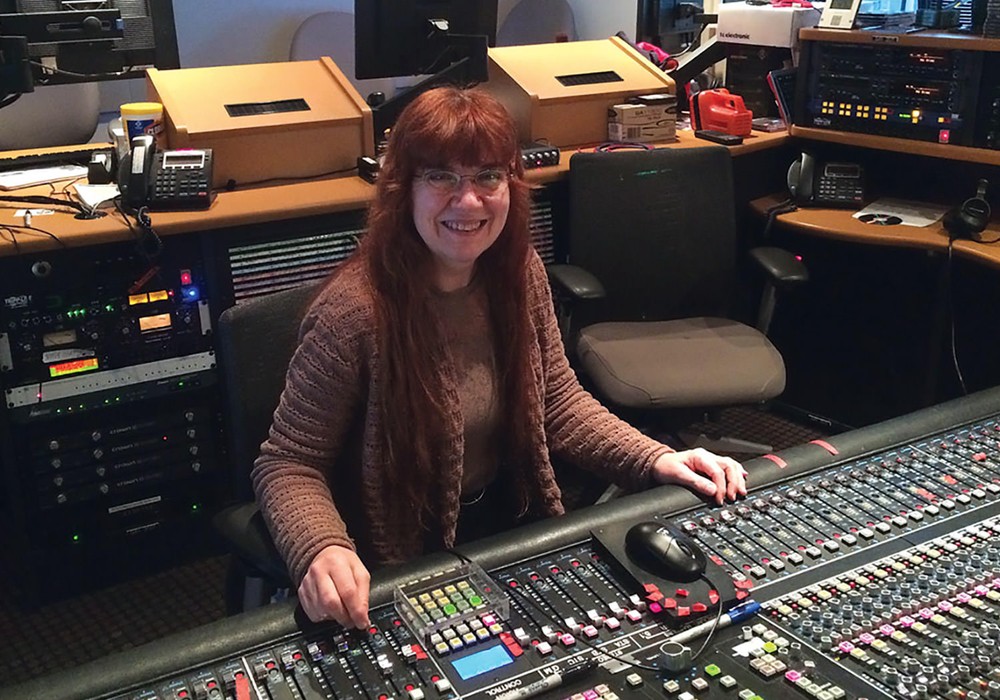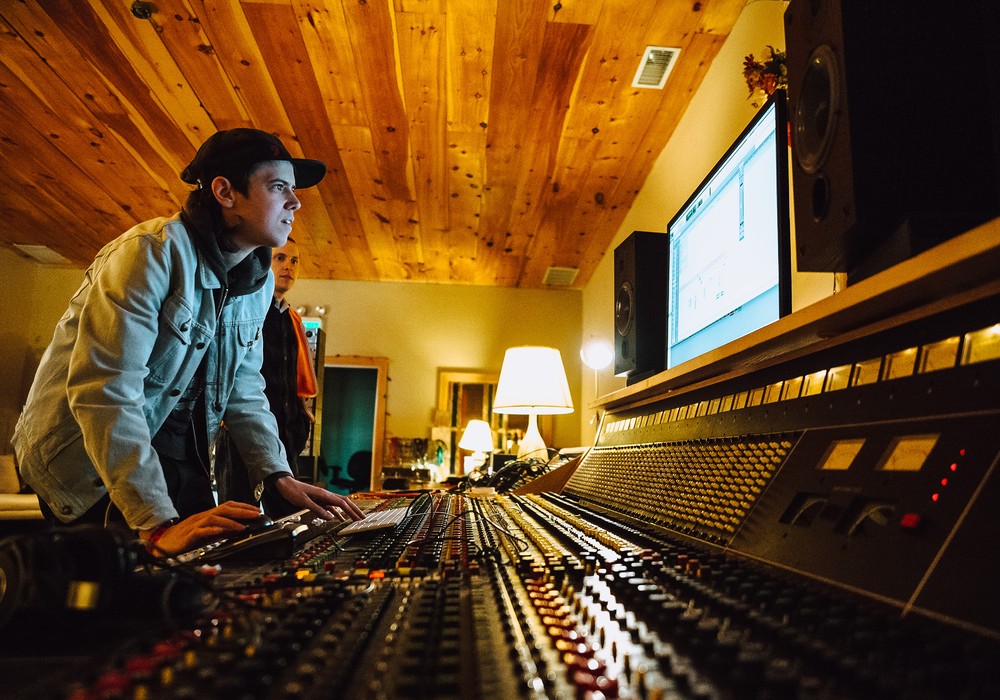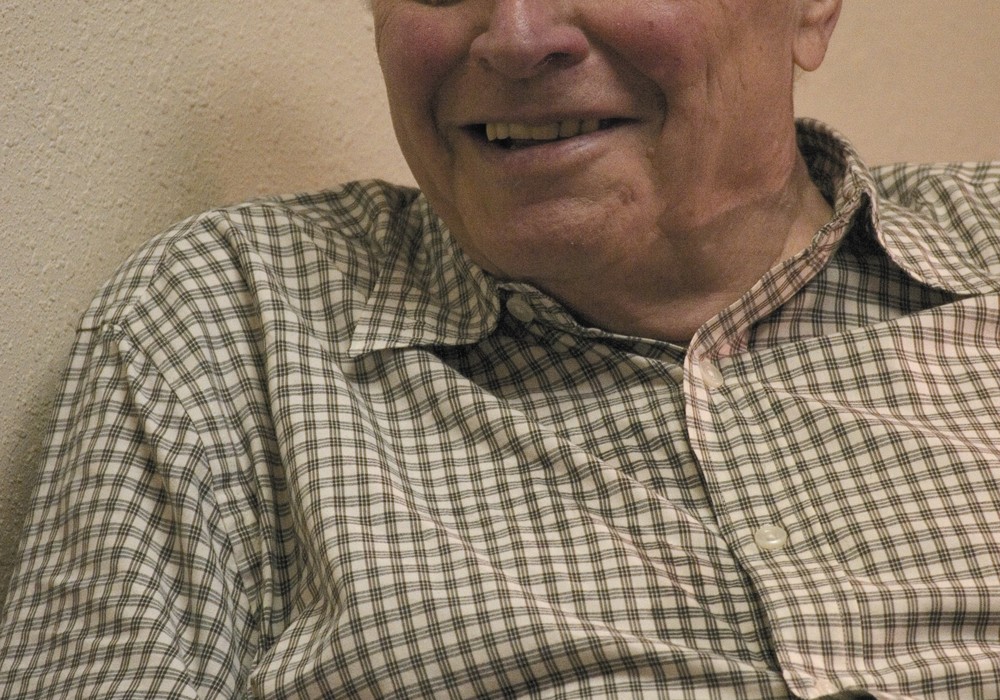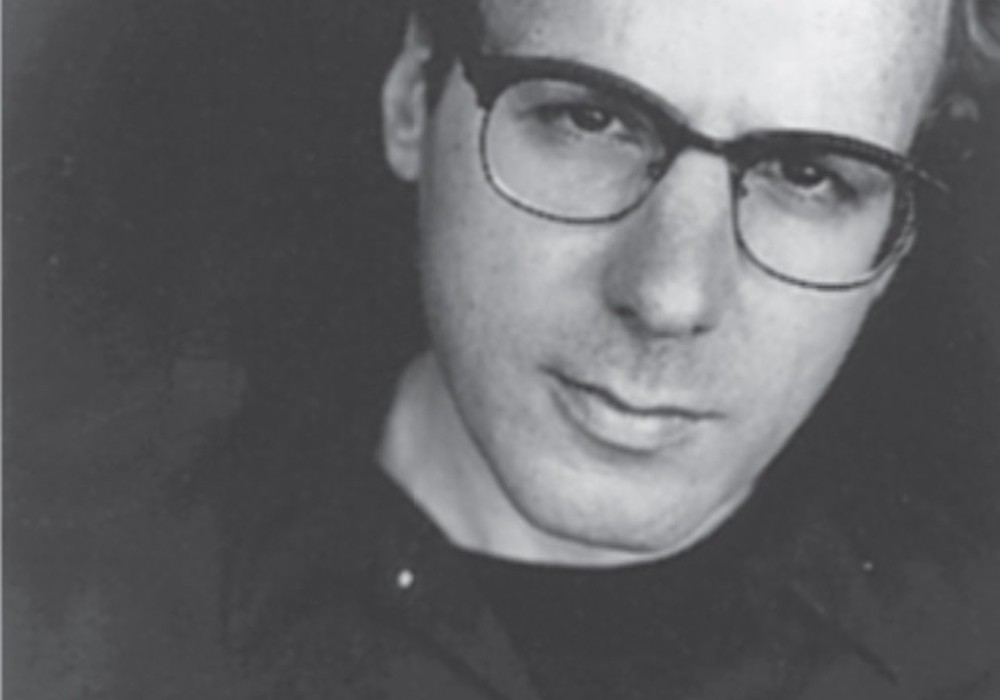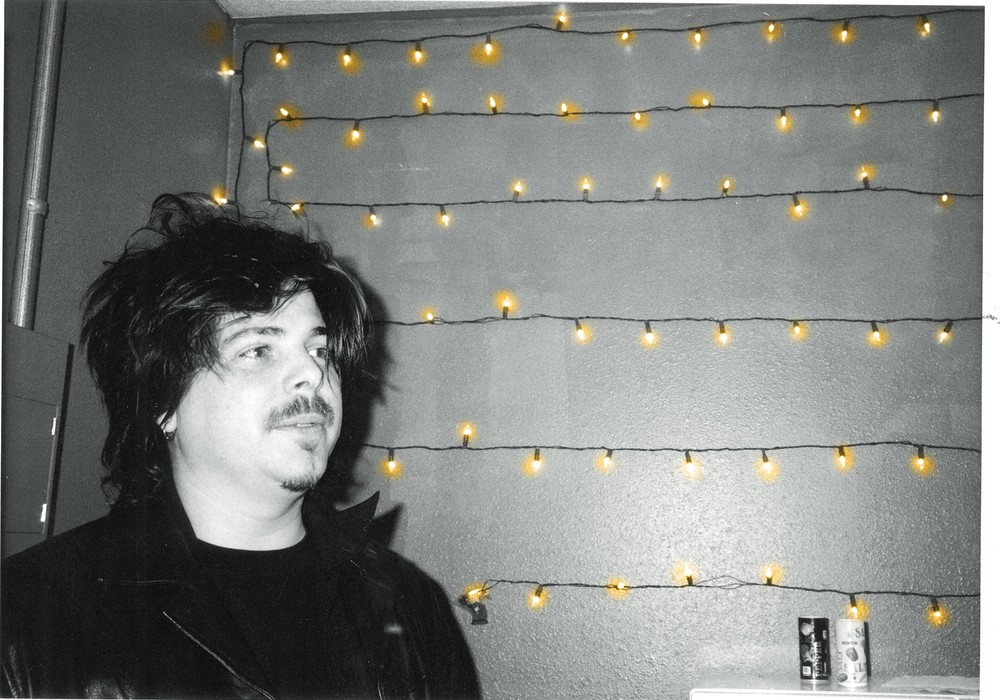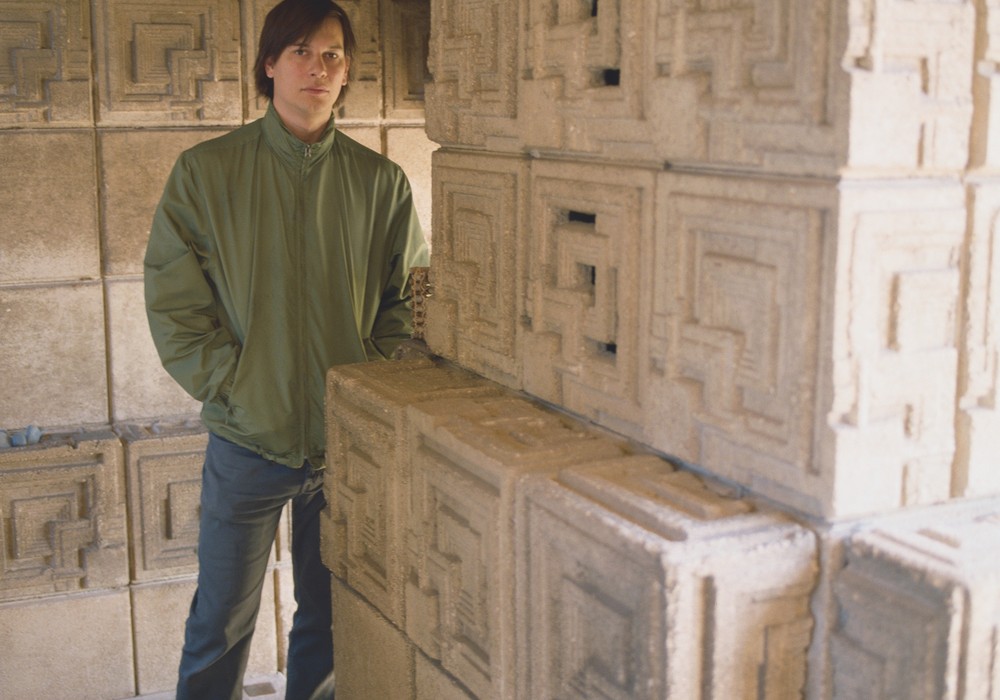How did you get started playing music?
I got into music by being in close proximity to it all the time. My family and their friends are avid music lovers. They liked inviting people over to play. They would be dabbling in it themselves, and there would be a lot of music discourse. Listening to music was an intentional thing in our household. I picked up the respect for music and its depth and generosity from them and their culture of listening; being a kid, and absorbing all of that. In my teenage years, I felt this desire to make music rather than be a fan of it, so I started playing guitar. I didn't really think about songs. I was thinking from an instrumental perspective; I was interested in the sonic qualities of the guitar itself. I was attracted to resonance, tone, and the instrument itself, playing it in an organic musical way.
You were still living in Pakistan as a young person. What was that like?
The rock influence was heavy in Pakistan. There were local bands. The pop scene was also really good and sweet. People were still listening to U2 and the Eagles. I was listening to a lot of different music. I was definitely not limited to what was popular, or what everyone was listening to. I had a real desire to explore and go further out and search for all kinds of music, which is who I am today as a writer.
What made you decide to come to the States and pursue the music production and engineering degree at Berklee College of Music?
I wanted to learn. I was interested in microphones, recording techniques, and digital workstations. I was already self-recording. I wasn't going to a studio or anything, and this was way before so much equipment became accessible for home studios. I had a little mixer and a microphone. I was using Cakewalk, going straight into the computer and recording covers and early compositions. It was a lot of trial and error, as well as reading the manual because you couldn't go on YouTube and find anything. I had heard of Berklee, and I had heard of the Juilliard School. What I wanted to do was more contemporary, and I wanted to do a bunch of different things that would come together in a particular way. That's Berklee's whole tagline; it's not a conservatory. You can study production, voice, jazz, and it can all happen at the same time and it's going to be great. So, I decided to do that. It was out of reach for me, and it was absolutely not affordable. My skill set was nowhere in comparison to the kind of students who go to Berklee, but I did it. We were all that one musician kid in their high school who felt like they were the only ones, and we were now all in the same place in Boston at Berklee. It was like entering the place that I'd always been looking for. That was overwhelming; so beautiful, and so affirming. I got into the MP&E [music production and engineering] program, which was competitive. I wanted to learn everything, but I knew nothing at all. It was 2005, which is different from 2023. It was still all dudes everywhere. I was not explained anything, because – regardless of gender – those people already knew so much in the classroom. It was challenging. Gear is expensive if you're not coming from a place where you can afford it. I was limited to practicing and understanding from a tangible perspective of whatever was accessible at the studios at school, which were booked around the clock. It was hard to get the information, the resources, and the wealth of knowledge that I was looking for, but it was also thrilling. It's a great program, and they have amazing faculty over there. I learned a lot.
Now you're a big collaborator with other...
The rest of this article is only available with a Basic or Premium subscription, or by purchasing back issue #157. For an upcoming year's free subscription, and our current issue on PDF...
Or Learn More
